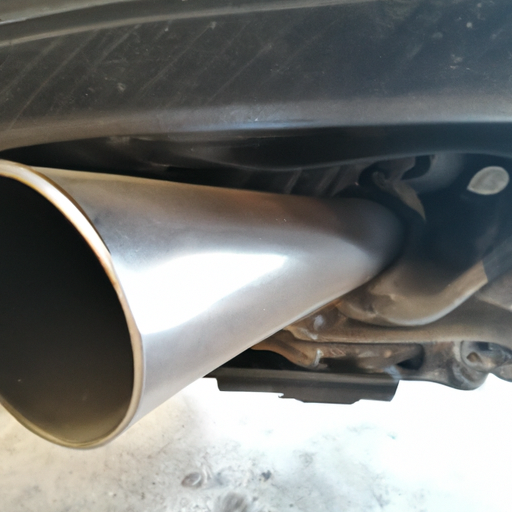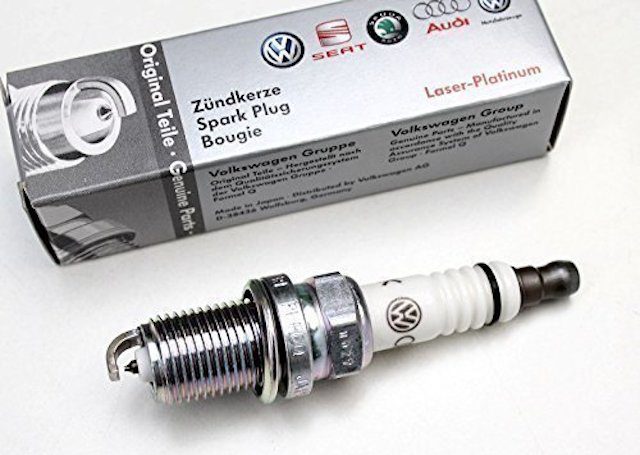Use the recommended oil viscosity specified by Chevrolet for optimal performance and protection. When it comes to maintaining your Chevy, using the right oil is crucial.
Choosing the correct viscosity will ensure that your engine runs smoothly and efficiently. With the wide variety of engine oils available, it’s important to consult your Chevy owner’s manual or speak to a trusted mechanic to determine the right oil for your specific Chevy model.
By using the recommended oil viscosity, you can extend the lifespan of your engine, improve fuel efficiency, and prevent potential damage or costly repairs down the road. Proper oil selection is essential to keep your Chevy running at its best.
Choosing The Correct Oil Grade
When it comes to selecting the correct oil grade for your Chevy, understanding the different oil grades is crucial. You have to take into account factors such as your Chevy model, the manufacturer’s recommendations, and the climate conditions. Each Chevy model may have a specific oil grade requirement, so it is essential to consult your owner’s manual or reach out to a professional mechanic for guidance.
Additionally, the climate you live in plays a significant role in determining the viscosity and thickness of the oil you should use. In colder climates, a lower viscosity oil is recommended, while hotter climates may require a higher viscosity oil.
By considering these factors and consulting the relevant sources, you can ensure that you choose the correct oil grade for your Chevy and maintain its optimal performance.
Synthetic Vs. Conventional Oil: Which Is Better For Your Chevy?
Synthetic and conventional oils are two options for your Chevy, each with its benefits and considerations. Synthetic oil offers better protection, improved performance, and longer-lasting lubrication. It provides excellent resistance to heat, wear, and sludge buildup, ensuring your engine’s longevity.
Additionally, synthetic oil flows better in cold temperatures, ensuring optimal performance during winter months. On the other hand, conventional oil may be a more budget-friendly option for Chevy owners. It still provides adequate protection and lubrication, but it may require more frequent changes.
When choosing between synthetic and conventional oil for your Chevy, consider your budget, driving habits, and manufacturer recommendations. Regular maintenance, including oil changes, is crucial for keeping your Chevy engine running smoothly and maximizing its lifespan. So, make an informed decision based on the differences between these two types of oil to ensure optimal performance for your Chevy.
Selecting The Appropriate Viscosity For Your Chevy’S Oil
Selecting the appropriate viscosity for your Chevy’s oil is crucial to ensure optimal engine performance. Understanding viscosity and its importance in engine performance is essential. Various factors influence the ideal viscosity for your Chevy, such as the engine type, operating conditions, and the manufacturer’s recommendations.
To find the recommended viscosity for your Chevy model, refer to the owner’s manual or consult a certified mechanic. Maintaining the proper viscosity will help protect your engine from excessive wear and enhance its lifespan. Regularly checking and changing the oil according to the recommended viscosity will keep your Chevy running smoothly and efficiently.
So, make sure to select the right oil viscosity for your Chevy to enjoy a reliable and high-performing vehicle.

Credit: www.carlblackchevy.com
The Significance Of Api Certification For Your Chevy
API certification is crucial when selecting the right oil for your Chevrolet vehicle. Understanding what API certification entails can help protect your engine. API certified oils meet the industry standards set by the American Petroleum Institute, ensuring quality and performance.
By using oils with API certification, you can be confident in their ability to provide adequate engine protection. To identify API certified oils for your specific Chevy model, look for the API donut symbol on the packaging. This symbol indicates that the oil meets the required API standards.
Choosing API certified oils for your Chevy will help maintain the longevity and efficiency of your engine, ensuring smooth performance and reducing the risk of potential damage.
Common Mistakes To Avoid When Selecting Oil For Your Chevy
When selecting oil for your Chevy, common mistakes to avoid include overlooking the manufacturer’s recommendations. Neglecting the impact of driving conditions on oil selection is another mistake to steer clear of. Additionally, using the wrong oil grade or viscosity can lead to potential issues.
To ensure optimal performance and longevity of your Chevy, it is crucial to follow the manufacturer’s guidelines for oil selection. Consider factors such as climate, terrain, and the type of driving you typically do. Consulting the owner’s manual or reaching out to a trusted mechanic can provide further guidance.
By avoiding these mistakes and selecting the appropriate oil for your Chevy, you can maintain the reliability and efficiency of your vehicle.
Tips For Changing The Oil In Your Chevy
Changing the oil in your Chevy requires gathering the necessary tools and supplies. Make sure you have a wrench, oil filter wrench, oil drain pan, funnel, and new oil filter on hand. Start by locating the oil drain plug underneath your Chevy and placing the drain pan beneath it.
Use the wrench to carefully loosen the drain plug and let the old oil drain completely. Once the oil has finished draining, replace the drain plug and move on to removing the old oil filter. Use the oil filter wrench to unscrew the old filter and dispose of it properly.
With the new filter in hand, apply a thin layer of new oil to the gasket and screw it into place. Finally, use the funnel to pour the recommended amount of new oil into the engine. Double-check the oil level, clean up any spills, and ensure the used oil is disposed of appropriately.
Frequently Asked Questions On What Oil Should I Use Chevy?
Can I Use 5W-30 Instead Of 0W-20?
No, you cannot use 5W-30 instead of 0W-20. They have different viscosity ratings.
What Is The Best Oil To Use In A Chevy Silverado?
The best oil to use in a Chevy Silverado is the one recommended by the manufacturer.
Do I Have To Use Dexos Oil In My Chevy?
No, Dexos oil is not required for your Chevy.
Is Mobil 1 5W-30 Dexos Approved?
Yes, Mobil 1 5W-30 is Dexos approved for use in vehicles that require this specification.
Conclusion
Based on what we have discussed, choosing the right oil for your Chevy is crucial in ensuring optimal engine performance and longevity. It is important to consider factors such as climate, driving conditions, and the manufacturer’s recommendations when making your decision.
Whether you opt for conventional oil, synthetic blend, or full synthetic oil, always prioritize quality and choose a reputable brand. Regularly checking your oil level and following the recommended oil change intervals will contribute to the overall health of your engine.
Remember, choosing the right oil for your Chevy can make a significant difference in its performance, so take the time to do your research and consult with a professional if needed. Give your vehicle the care it deserves by selecting the best oil suited for its specific needs.
Drive smoothly and confidently knowing you’ve made the right choice for your Chevy’s engine.


